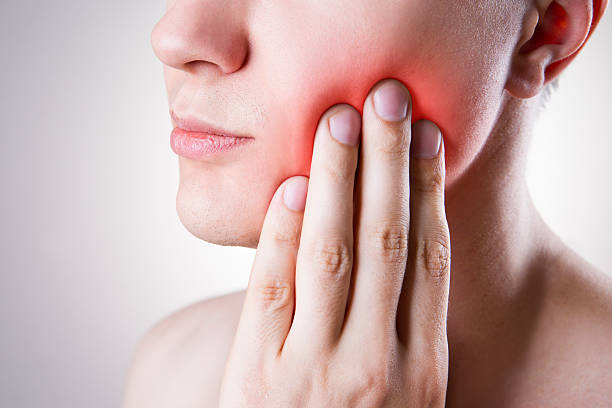When we hear about a dislodged or knocked-out tooth, the image of a sports game often comes to mind. Such incidents are more common than we might think. Sometimes, a simple trip and fall are all it takes to dislodge a tooth.

Causes of a Dislodged or Knocked-Out Tooth
Accidents happen, and they can lead to a dislodged or knocked-out tooth. Falls, sports injuries, or unexpected impacts to the face are all common causes. Understanding the potential risks can help in taking preventive measures.
Immediate Action: What To Do When a Tooth Becomes Dislodged
- Locate the Tooth:
- Stay calm and carefully search for the dislodged tooth, especially if you’ve knocked out a tooth while playing sports or in any dental emergency. Check the surrounding area, including the ground or floor, to ensure you find the tooth promptly.
- Handle the Tooth with Care:
- Gently pick up the tooth by the crown (the visible part), avoiding any contact with the root. This is crucial as touching the root, the inner part of the tooth, can damage delicate tissues and blood vessels, reducing the chance of saving the tooth.
- Rinse the Tooth:
- If the tooth is dirty, gently rinse it briefly with clean water. Hold it under a gentle stream, but remember not to scrub or remove any attached tissues. Preserving these tissues is vital for successful reattachment during a dental emergency.
- Attempt Reinsertion (If Possible):
- Try to reinsert the tooth into its socket, especially if it came out recently and the socket is undamaged. Make sure the tooth is facing the right way, and gently push it back in and hold it in place. This immediate action increases the chance of saving the tooth.
- Keep the Tooth Moist:
- If reinsertion isn’t possible, keeping the tooth moist is crucial for the dental emergency. Place it in a container of milk or your saliva. Avoid tap water, as it can damage the tooth’s cells, affecting the chance of successful reimplantation.
- Protect the Tooth During Transport:
- During transportation to the emergency dentist, ensure the tooth remains protected. Keep it in a container of milk or your saliva to maintain moisture. Avoid letting it dry out, as preserving the right environment is vital for increasing the chances of successful reimplantation.
- Seek Emergency Dental Care Immediately:
- In a dental emergency, time is of the essence. Contact your dentist or seek emergency dental care immediately after handling the tooth back in its socket or preserving it in milk. The faster you receive professional help, the better the chances of saving the tooth during a dental emergency.
Can a Knocked-Out Tooth Be Placed in Milk?
One surprising ally in saving a knocked-out tooth is milk. Placing the tooth in milk can help preserve it until you can get professional dental care. The minerals in milk provide a protective environment for the tooth cells, increasing the chances of successful reimplantation.
Act Quickly with Cornerstone Dental of Lincoln Square
In a dental emergency like a dislodged tooth, time is of the essence. That’s where Cornerstone Dental of Lincoln Square comes in. Our team specializes in emergency dental care, providing prompt and effective solutions. Don’t hesitate to reach out for immediate assistance – your timely action could make all the difference.



